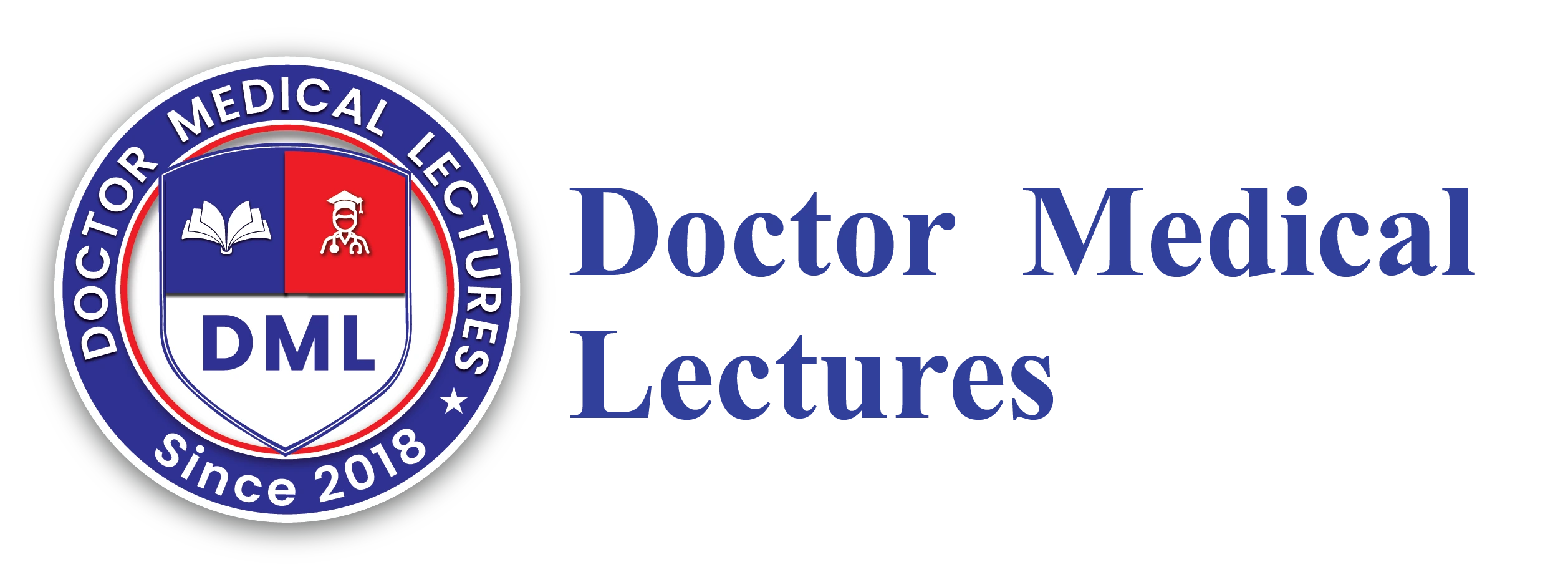Introduction
The National Registration Examination (NRE) step 1 is an important step in the process of preparing candidates to join the medical field. The purpose of the exam is to test the knowledge and skills of those who wish to become doctors and ensure. That they have met the required standards of competence before they can advance into their professional careers. The guidelines for NRE Step 1 are not mere formalities. The exam authorities must follow them to ensure the integrity, fairness, and credibility of the exam.

Knowing these regulations is essential for those who are preparing to take the exam, as any breach could result in fines as well. As disqualification or delay on the path to professional development. This article offers a thorough outline of the guidelines for NRE step 1, which covers eligibility and application procedure as well as conduct in the examination as well as scoring and retake policy as well as ethical issues.
Eligibility Criteria and Qualification Standards for NRE Step 1
In order to take the NRE step 1 exam, applicants must satisfy strict eligibility criteria that have been set by the regulator agency. The exam authorities must follow these rules to maintain the exam’s integrity, fairness, and credibility. It is a way to ensure that they have the fundamental knowledge required to pass the exam. Candidates could also have to show proof of their the degree, their transcripts or a certificate from a recognized authority. Foreign-trained graduates may need to complete additional verification procedures, such as credential evaluations, before obtaining approval to sit for the test.
Application Process and Documentation Requirements
The application process for NRE Step 1 involves a lengthy submission process in which applicants have to provide correct personal as well as academic details. The regulator requires the forms to be submitted in completeness with no omissions or mistakes. The documentation may comprise proof of identity, education credentials, or photographs which meet the requirements of specific guidelines. Candidates must adhere to submission deadlines, as the institution typically refuses late applications without exception. They must also pay the examination fee in accordance with the institution’s payment guidelines and keep the evidence of payment for future reference.
Scheduling the Examination and Confirming the Test Date
Once the institution accepts the application, it allows applicants to select an exam date from the official schedule. Applicants confirm the selected date through the official online portal within the specified deadline. Rescheduling is possible however it typically will require an administrative charge and only according to the regulations set forth by the board of examination. Candidates are advised to make their appointments in advance to reserve the date and location. That they would like to use because the most popular slots fill up rapidly.
Identification and Security Verification on Test Day
The day of the test, applicants must show valid identification papers to confirm the data that are provided on the application. Most commonly, the government issues accepted IDs, such as passports and national ID cards. The exam center staff confirm the applicant’s identity using signatures, photographs, and biometric scans when required. Any discrepancies in identification may result in denial of entry. Security measures prevent impersonation and fraud, and candidates must complete verification before being admitted to their seat.
Prohibited Items and Materials in the Examination Hall
Certain rules regulate what may and should not be taken into the exam area. The exam authorities prohibit items like mobile smartphones, smart watches, calculators, and recording equipment. Candidates must generally keep all personal belongings inside locked compartments designated for them prior to getting into the testing zone. Candidates who violate these rules at any time, no matter how minor, may face immediate expulsion from the exam and be reported to the regulator. The most common items allowed include a valid identification card, written instruments offered by. The examination center and, at times, documents for reference provided by the examiner.
Examination Conduct and Candidate Behavior
Candidates must adhere to the highest standards of ethics and professionalism throughout the test. Candidates cannot signal, talk, or communicate with other applicants after the exam begins. They must not exit the exam room without authorization, and any time away from their seat requires approval from the exam supervisor. Conduct that is disruptive, attempts to cheat or not complying to the instructions of an invigilator will cause immediate discipline.
Time Management and Sectional Rules During the Exam
It is important to note that the NRE Step 1 exam is divided into timed sections. Candidates must manage their time effectively to ensure they can answer every question. After a section’s expiration date the test takers are not able to return to the section, which makes time management crucial to the test’s plan of action. The breaks can be scheduled between sections. However, they should be done within the time limit and only in the designated area.
Scoring System and Passing Requirements
The scoring system for NRE Step 1 is based on a standardized system in which every correct answer adds up to the score at the end. There is no penalty in case of incorrect answers, unless specified. The regulator determines the passing score to reflect the necessary competencies required to advance into medical training. These results typically are issued within a specific time which is accessible to candidates these results through their officially-approved online portal.

Retake Policies and Attempt Limits
Students who fail the test may retake it However, the number of times they can take it is restricted. The mandatory time between tests is frequently used to help ensure that the candidate is prepared. Certain authorities might require further documentation or evidence that they have completed further studies before giving permission to take a second attempt. Candidates must carefully study the retake guidelines to avoid exceeding the maximum number of attempts, which could affect their eligibility.
Ethical Standards and Integrity of the Examination
The NRE Step 1 rules emphasize the necessity of fairness, honesty and moral responsibility. Candidates must prepare for the test honestly and avoid illegal practices, such as. Obtaining test questions before the exam or collaborating with other candidates during the examination. Infractions to these ethics guidelines not only harm individuals’ careers, but they also damage the credibility of the whole exam process.
Handling of Misconduct and Disciplinary Actions
In the event of misconduct and the exam board is notified, they conduct an exhaustive investigation before making a decision. The penalties for violations of rules vary from a score reduction up to a temporary or permanent exclusion for retaking the exam. The regulator determines the passing score to reflect the necessary competencies required to advance into medical training.
Disability Accommodations and Special Arrangements
The testing authority can provide accommodations to candidates who have known disabilities. This may mean extra time, assistance technology as well as separate testing settings. But, applicants must ask for this assistance before the deadline and submit the proper medical evidence to support the demand.
Appeal Procedures for Disputed Decisions
If an applicant believes an assessment of the eligibility of a candidate, their score or conduct is unfair or unfair, they can submit an appeal. Candidates must base their appeal on an established procedure and submit it within a specific timeframe after the final decision. They must support the appeal with documents, and an independent panel of judges reviews the appeal before making the final decision.
Importance of Compliance for Future Medical Practice
Following the NRE Step 1 rules is more than just getting through the exam, but also about showing professionalism, accountability and proficiency to enter the field of medicine. The compliance with these guidelines creates the basis for a reputable and ethical profession, since the consequences of violating these rules extend far in addition to the actual exam.
Conclusion
The guidelines for this NRE Step 1 test are in place to ensure the fairness of the examination, preserve integrity as well as protect integrity and protect the value of the certificate. If they are aware of and adhere to these guidelines, applicants increase. Their odds of success but also establish the reputation as professional and ethics. It doesn’t matter if it’s eligibility verification or adherence to exam hall protocols or honesty in examination preparation. Compliance with NRE Step 1 regulations is an essential element in a successful medical career.
FAQs
Q1. What is the criteria for eligibility in NRE step 1?
Candidates must satisfy the requirements for verification of credentials and education according to the regulations authority before they are able to sit for the test.
Q2. Do I have to bring my cell phone into the examination room Do I have to bring it in?
Electronic devices are not permitted and the possession of these objects could result in being disqualified.
Q3. How many times should I try NRE Step 1?
The exam board sets the passing score to ensure candidates meet minimum competence. This allows only qualified candidates to advance in medical training. They do not exceed this number of attempts.
Q4. What happens if discovered cheating?
The act results in disciplinary actions, which can include the cancellation of scores or exam suspensions as well as the need to report the cheating before licensing agencies.
Q5. What is the procedure for NRE Step 1 scores calculated Based on the correct answers.
The exam board sets the passing score to ensure candidates meet minimum competence. This allows only qualified candidates to advance in medical training.
Q6. Are there any special accommodations available for disabled candidates Are there any?
Yes, but candidates must request them before applying and provide medical proof to justify the need.
